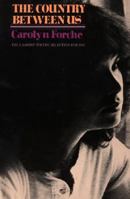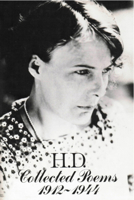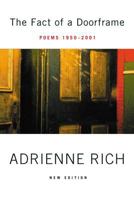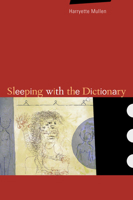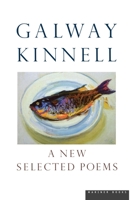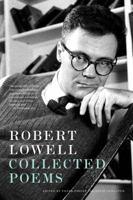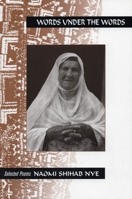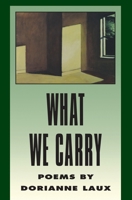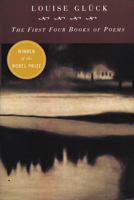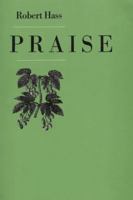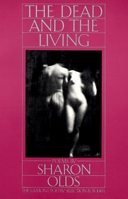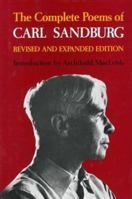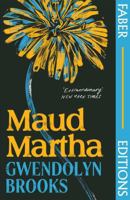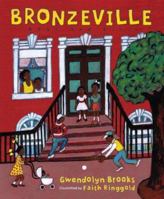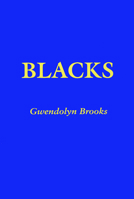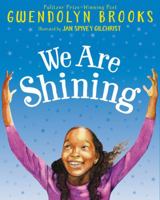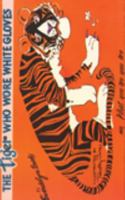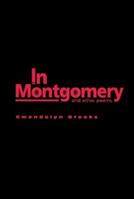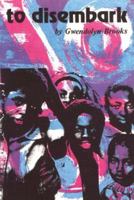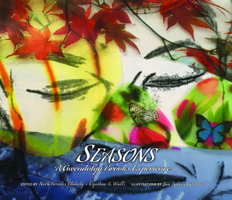Selected Poems
Select Format
Select Condition 
You Might Also Enjoy
Book Overview
Selected Poems is the classic volume by the distinguished and celebrated poet Gwendolyn Brooks, winner of the 1950 Pulitzer Prize, and recipient of the National Book Foundation Medal for Distinguished Contribution to American Letters. This compelling collection showcases Brooks's technical mastery, her warm humanity, and her compassionate and illuminating response to a complex world. This edition also includes a special PS section with insights, interviews, and more--including a short piece by Nikki Giovanni entitled Remembering Gwen.
By 1963 the civil rights movement was in full swing across the United States, and more and more African American writers were increasingly outspoken in attacking American racism and insisting on full political, economic, and social equality for all. In that memorable year of the March on Washington, Harper & Row released Brooks's Selected Poems, which incorporated poems from her first three collections, as well as a selection of new poems.
This edition of Selected Poems includes A Street in Bronzeville, Brooks's first published volume of poetry for which she became nationally known and which led to successive Guggenheim fellowships; Annie Allen, published one year before she became the first African American author to win the Pulitzer Prize in any category; and The Bean Eaters, her fifth publication which expanded her focus from studies of the lives of mainly poor urban black Americans to the heroism of early civil rights workers and events of particular outrage--including the 1955 Emmett Till lynching and the 1957 school desegregation crisis in Little Rock, Arkansas.Customer Reviews
Rated 5 starsIt. Was. Signed.
Yall. I grabbed the cheapest copy available to be able to use a reward— and it was signed by Gwendolyn Brooks ❤️
2Report
Rated 5 starsGreat Collection of a Modern Social Poet
Various editions of "Selected Poems" by the late Gwendolyn Brooks are floating around, most of which only have differences in layout or binding. All have the core poems that defined Brooks as one of America's poets with a social conscience. In the spirit of Carl Sandburg and Langston Hughes, and occasionally, Robert Frost, her poetry meets the reader head-on. However, to Brooks' credit, and what makes her a great poet, is...
1Report
Rated 5 starsMy Comments
This is a wonderful book for both children and adults. If you like poems, then you should definetly read this book.
0Report
Rated 5 starsGwendolyn Brooks is Magnificient
Five stars! If I had to choose the ten greatest books of the twentieth century, Brooks' Selected Poems would have to be one of them. Her voice is entirely original - no one who came before Brooks or follows her writes quite like her. Brooks' work is distinguished by so many wonderful qualities - she may have the best ear of any living American poet. Her sense of the musicality of language rivals that of Yeats and Dylan...
0Report
Rated 5 starsWe's Not So Cool
It's a shame some people sit in their Wall Street Towers and, not having any apparent experience with the real world, judge harshly those who not only live in it, but interpret it into literary masterpieces. Those who find solace in maligning Gwendolyn Brook's poetry should take a much closer second look. Her poetry transcends all barriers. Her subjects are the embodiment of all of us, poor or rich. Ms. Brooks' poetry...
0Report














